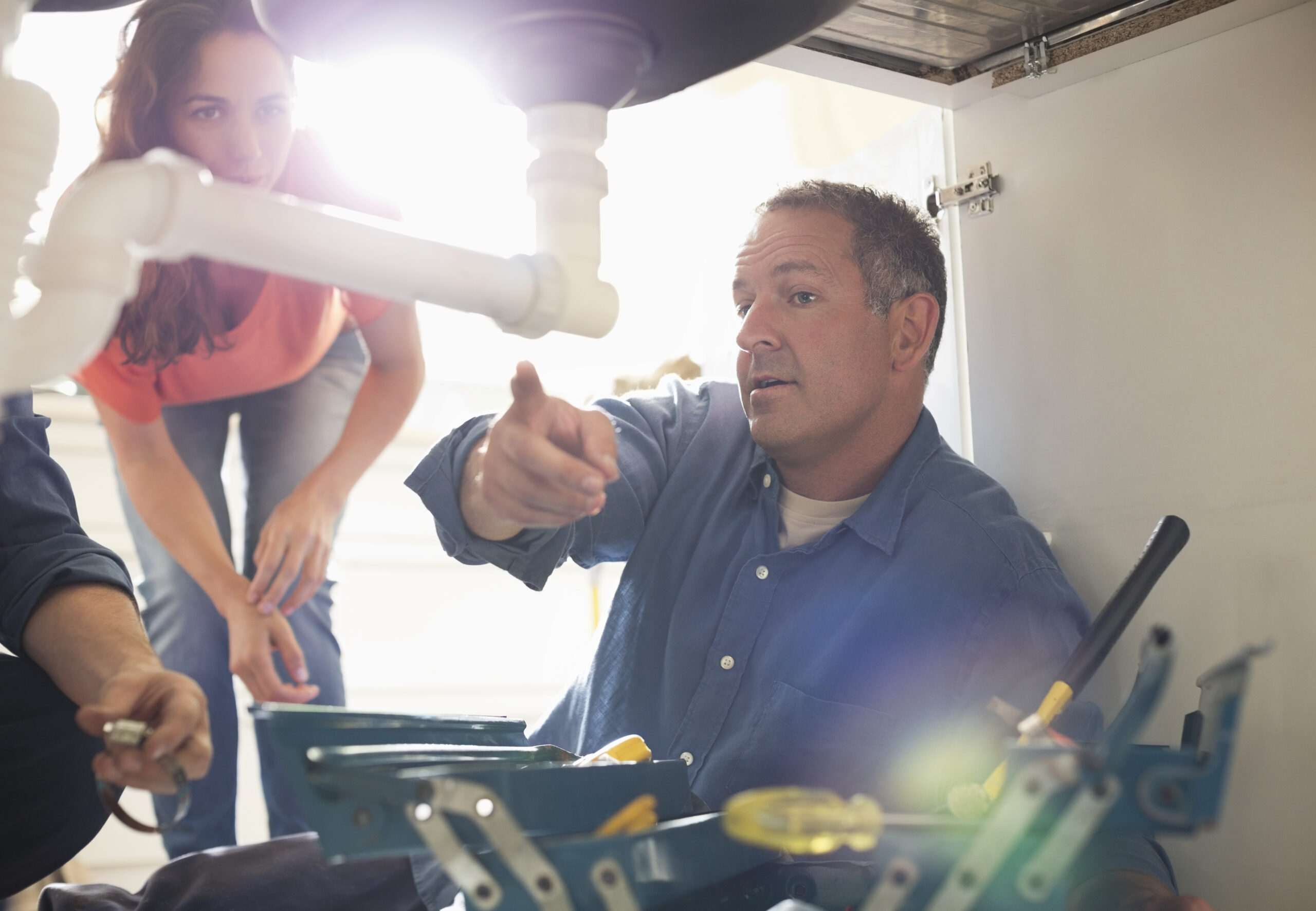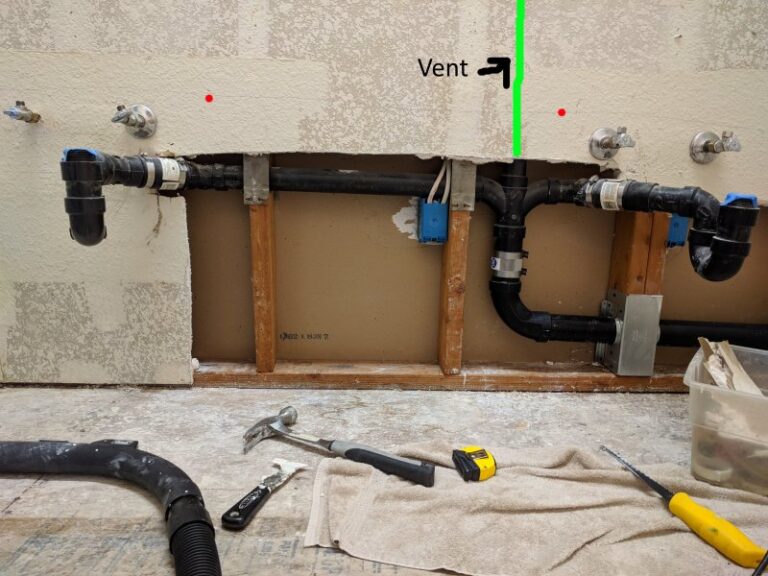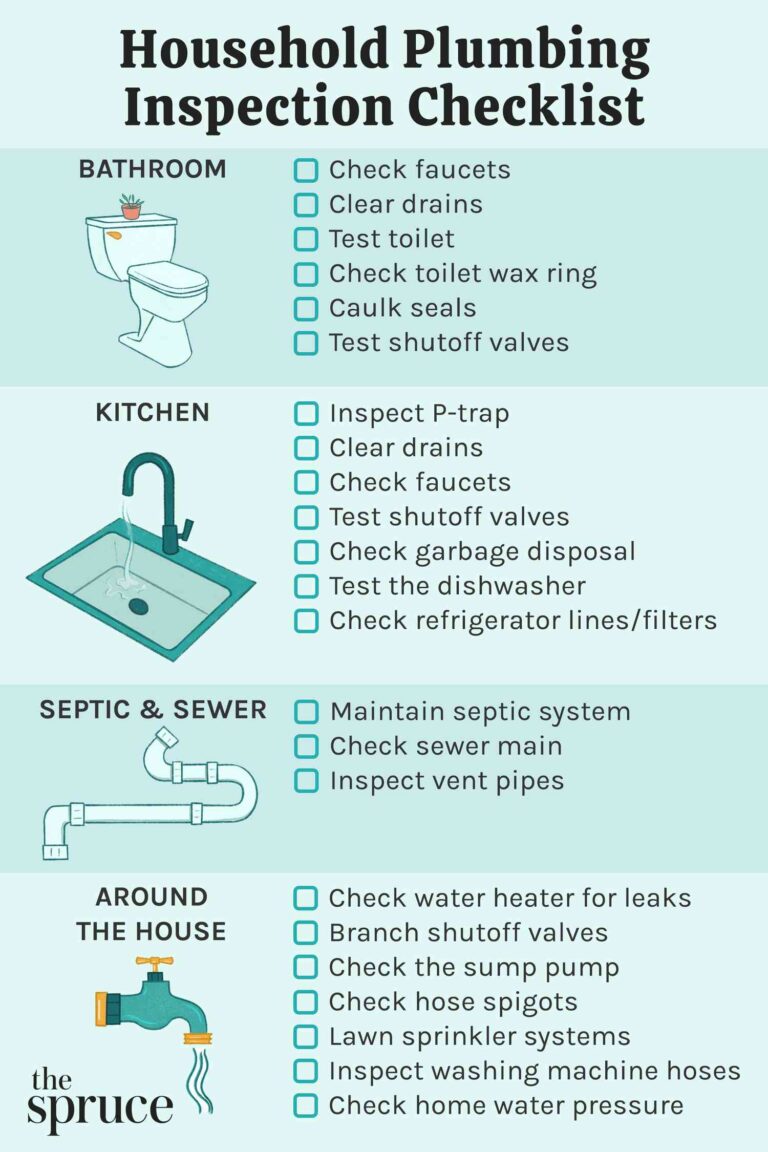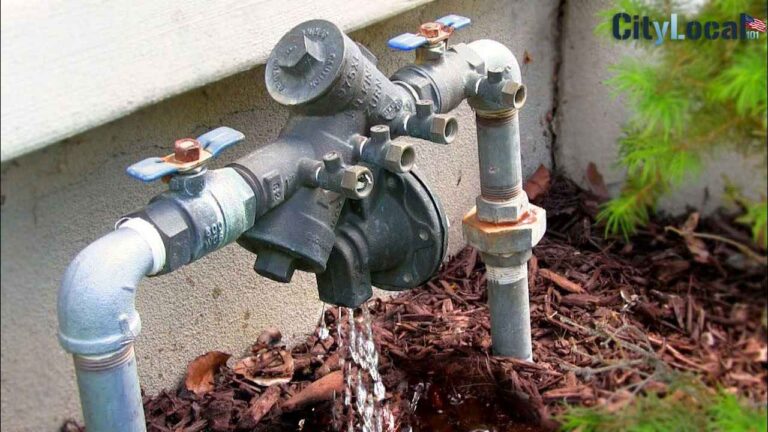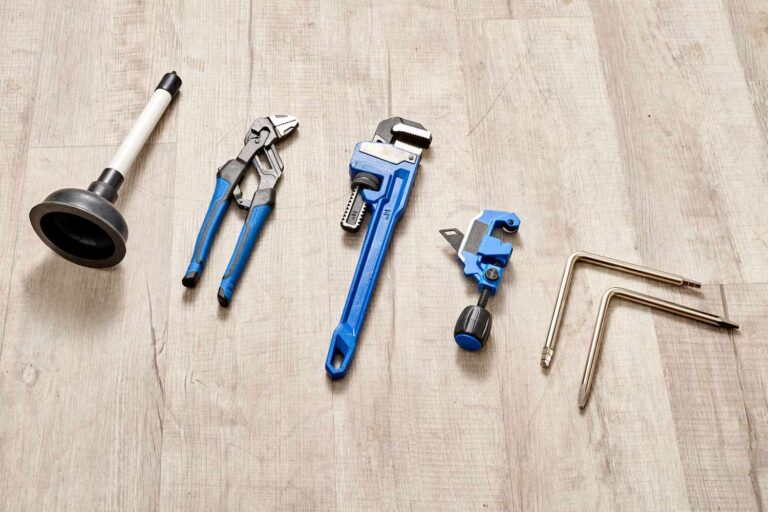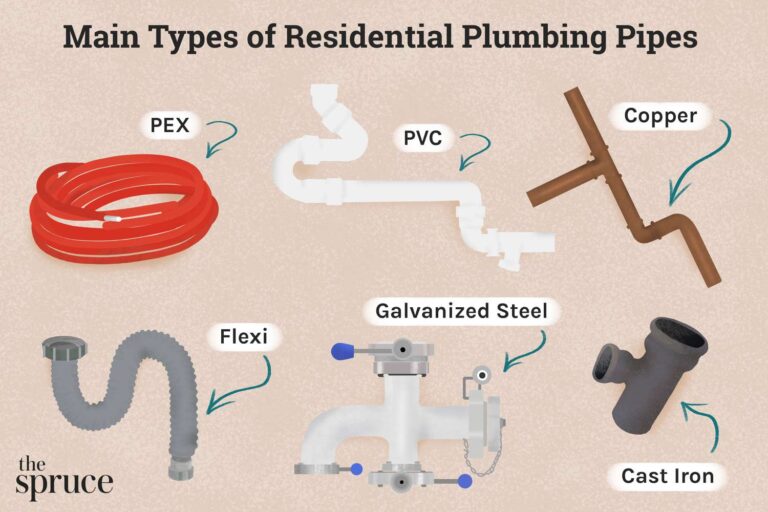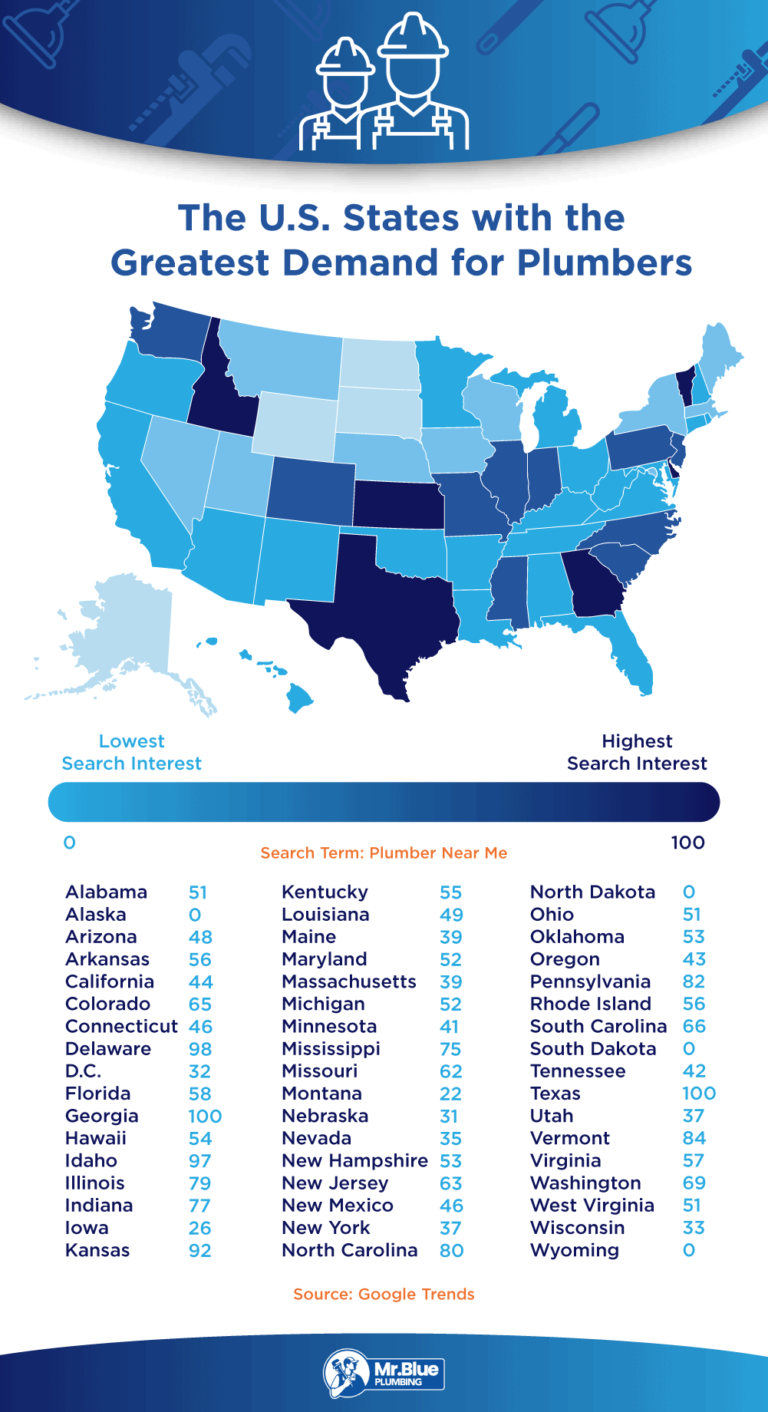How Long Does It Take To Be A Master Plumber?
Becoming a master plumber requires a combination of education, experience, and certification. It typically takes between two and five years to become a master plumber, depending on the individual’s level of experience and type of certification. To start, aspiring master plumbers must complete a bachelor’s degree or a one-year certificate program in plumbing. Once completed, they must then complete an apprenticeship program, which can take up to four years to complete. During this time, they will gain hands-on experience and learn the trade. After completing the apprenticeship program, they must then pass the master plumber certification exam. Once certified, master plumbers have the skills and knowledge to work independently and provide high-quality plumbing services.
Overview of Master Plumber Requirements
A master plumber is a highly trained and experienced professional who specializes in the installation, maintenance, and repair of plumbing systems. To become a master plumber, one must have a solid foundation of knowledge and experience in the trade, along with a strong commitment to safety and customer satisfaction. Master plumber requirements typically include a combination of education, training, certification, and licensing. This may include completing a trade school program, apprenticeship, state or local licensing exam, and ongoing continuing education courses. In addition to technical skills, successful master plumbers must also have excellent problem-solving, critical thinking, and customer service skills. Possessing these qualities will enable master plumbers to provide the highest quality service to their customers.
Education and Training Requirements for Master Plumbers
A Master Plumber is a professional who is responsible for the installation, maintenance, and repair of plumbing systems. To become a Master Plumber, individuals must go through a rigorous training and certification process. Training requirements include completing a plumbing apprenticeship program, passing state licensing exams, and earning Journeyman and Master Plumber certifications. Journeyman Plumber certification requires a minimum of 8,000 hours of on-the-job training and passing a state-issued Journeyman Plumber’s exam. To become a Master Plumber, an additional 8,000 hours of on-the-job training is required, as well as a state-issued Master Plumber’s exam. Master Plumbers must also complete continuing education courses to stay up-to-date on the latest plumbing systems and technologies. With the right education and training, individuals can become Master Plumbers and enjoy the satisfaction of providing essential services to the community.
Obtaining Necessary Licenses and Permits
Starting a business requires much more than just a good idea and a well-crafted plan. Before you can open for business, you must obtain the necessary licenses and permits. These can include anything from a business license and zoning permits to professional certifications and health department permits. Knowing which ones you need can be tricky, so it’s important to research the requirements in your area and obtain the right ones. With the right license and permits, you can ensure that your business is in compliance with all local, state, and federal regulations. This can help you avoid costly fines and keep your business running smoothly. So don’t delay, make sure you get the right licenses and permits before you open your doors.

Gaining Experience as a Journeyman Plumber
Gaining experience as a journeyman plumber is an integral part of the plumbing profession. For those who want to become licensed and certified as a journeyman, the journey begins with the completion of a formal apprenticeship. During the apprenticeship, journeymen learn the basics of plumbing, such as the installation and repair of pipes, drains, fixtures, and faucets. They also learn important skills such as reading blueprints and building codes, estimating material costs, and working with other tradespeople. After completing the apprenticeship program, journeymen can begin to specialize in a particular plumbing field or area of plumbing work. With experience, journeymen can become certified and licensed in their chosen field and eventually become masters of their craft. Gaining experience as a journeyman plumber is a rewarding and fulfilling career path that can open the door to a lifetime of success.
Passing the Master Plumber Exam
Are you looking to become a Master Plumber? Passing the Master Plumber Exam is the key to unlocking the door to the plumbing profession. This exam is designed to assess your knowledge of plumbing systems, tools, and materials. It covers everything from installation and maintenance to troubleshooting and repair. Passing this exam will allow you to gain the certification that is needed to become a Master Plumber. With the proper preparation and dedication, you can easily pass this exam and begin working as a Master Plumber. With the right tools and resources, you will be able to stay up to date on the latest plumbing techniques and regulations. So, if you’re ready to take your plumbing skills to the next level, now is the time to start preparing for the Master Plumber Exam. Good luck!
Continuing Education and Professional Certification
Continuing education and professional certification are key components to staying ahead of the curve in today’s ever-evolving professional landscape. From honing existing skills to learning new ones, staying on top of the latest industry trends, and networking with other professionals, continuing education and professional certification can help you maintain and even improve your standing in your chosen field. With the right combination of dedication and commitment, continuing education and professional certification can give you the boost you need to take your career to the next level.
FAQs About the How Long Does It Take To Be A Master Plumber?
1. What qualifications do I need to become a master plumber?
Answer: To become a master plumber, you must have a minimum of five years of experience in the plumbing trade, have completed a plumbing apprenticeship, and have passed the Master Plumber’s exam.
2. Is there any additional training required to become a master plumber?
Answer: Yes, once you have become a master plumber, you may wish to pursue additional training to stay up to date with the latest regulations and technologies within the plumbing industry.
3. How long does it typically take to become a master plumber?
Answer: To become a master plumber, it typically takes five to seven years. This includes completing an apprenticeship, gaining experience, and passing the Master Plumber’s exam.
Conclusion
Becoming a master plumber requires significant dedication and hard work. It can take years of training, knowledge and experience to become a master plumber and to stay current with the ever-evolving industry standards. The process of becoming a master plumber typically involves completing an apprenticeship program, obtaining relevant certifications and licenses, and completing continuing education courses. With persistence and determination, an aspiring plumber can become a master plumber and open up a wide range of career opportunities.

